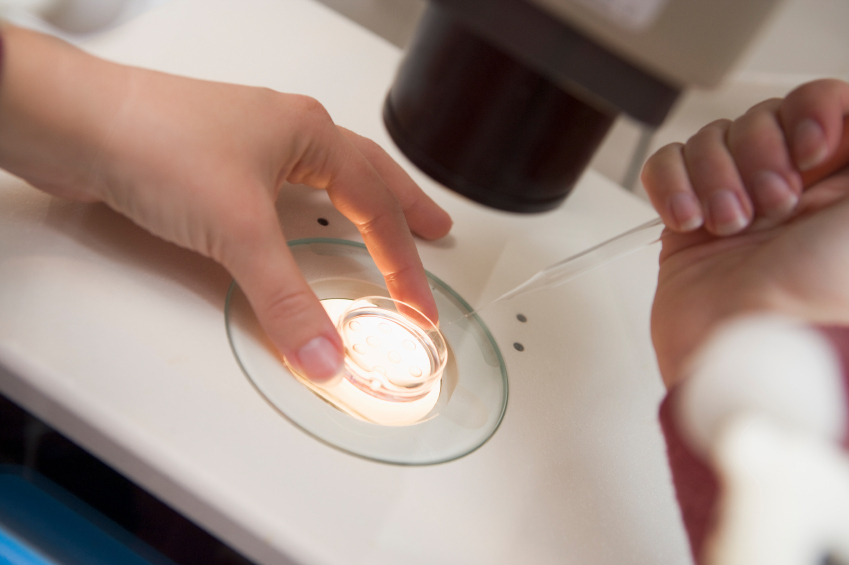American scientists have announced successful 3D ovarian printing in mice. The aim of their research was to assist patients who had suffered from childhood cancer as the treatments used in these cases affect the menstrual cycle and fertility.
Their studies have been published in the Nature Communications journal. They use a 3D-printed matrix: “specific filament meshing carried out with collagen-derived gelatine”, which allows the follicles “to create a niche and arteries to reform”. Once the “artificial ovary” was reimplanted in the mice, a normal menstrual cycle resumed and offspring were born.
For Theresa Woodruff, a specialist in reproduction at Northwestern University and a member of the research team, their study “shows the long-term viability of bio-prosthetic ovaries. The use of bio-engineering to restore functional organic structures as opposed to organ donation tends to be the Holy Grail of regenerative medicine”. Another advantage of 3D printing is that the size of the ovary can be adjusted to suit the patient’s anatomy. Researchers are currently considering research in humans, adapting the mesh to implant the maximum number of follicles.
Pourquoi Docteur, Jonathan Herchkovitch (16/05/2017)

